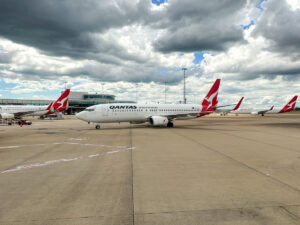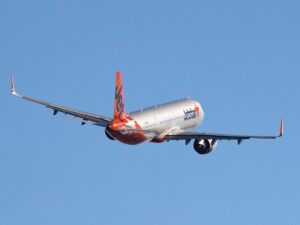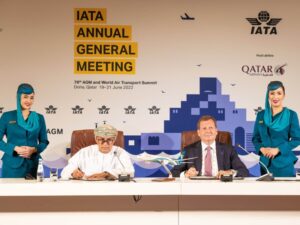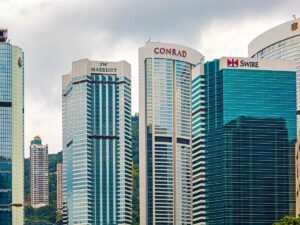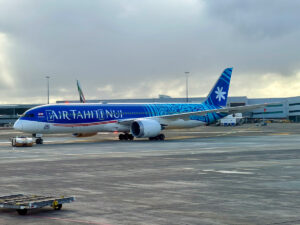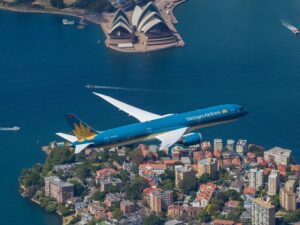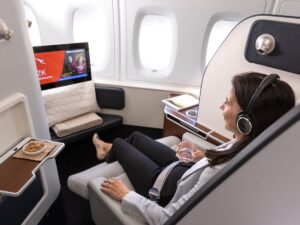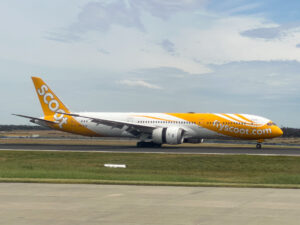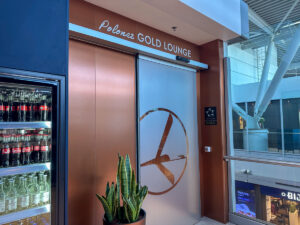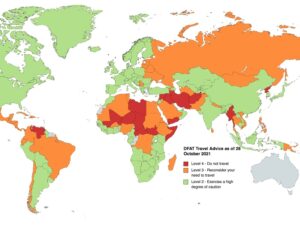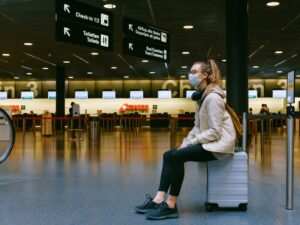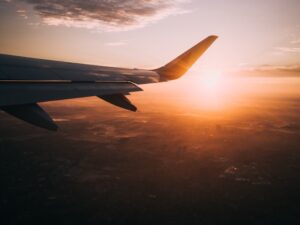
586 days. That’s how long Australians have been banned from leaving their own country without special approval from the government. But from today, Australia’s unprecedented international travel ban has finally been lifted for citizens and permanent residents who are fully vaccinated.
For many Australians, the past 20 months have been extraordinarily difficult for so many different reasons. The international border closure is just one of those reasons, but it has made life profoundly difficult for some people.
Most Australians supported the international border closure and strict arrival caps – and with good reason. Unfortunately, the by-product of this has been Aussies locked in or out of their country, unable to see their loved ones and in some cases stuck in dire circumstances overseas.
Sadly, Australians trying to get to states like Western Australia are still no closer to being able to return home. There is still a long way to go until Australia starts welcoming back overseas students, skilled migrants and tourists. Australians who happen to be stuck in countries where the only available vaccines are not recognised by the TGA also remain in limbo. But today marks a huge step in the right direction.
From today, fully vaccinated Australian citizens, permanent residents and their immediate family members can fly into NSW, Victoria or the ACT without quarantine. They’ll need to show proof of vaccination and a negative COVID-19 test from the past 72 hours before getting on the plane.
Victoria is requiring international arrivals to get a second COVID-19 test within 24 hours of landing in Melbourne. NSW and ACT are also requiring arriving passengers to get COVID-19 tests within 24 hours of arrival, and again on days 5 (ACT) or 7 (NSW).
People in NSW are also not allowed to go to any “high-risk settings” (such as hospitals or aged care facilities) until receiving the final negative COVID-19 test result after a week. In the ACT, that requirement extends to 14 days after arriving from overseas.
But the removal of the international arrival caps that were locking out tens of thousands of Australians, and the end of mandatory 14-day hotel quarantine in NSW and Victoria is such welcome news for so many Aussies who just want to come home.
Last week, DFAT also downgraded its travel advice for 162 of 177 countries from Level 4 (“Do Not Travel”) to levels 2 or 3, making it easier for Australians to access international travel insurance going forward.
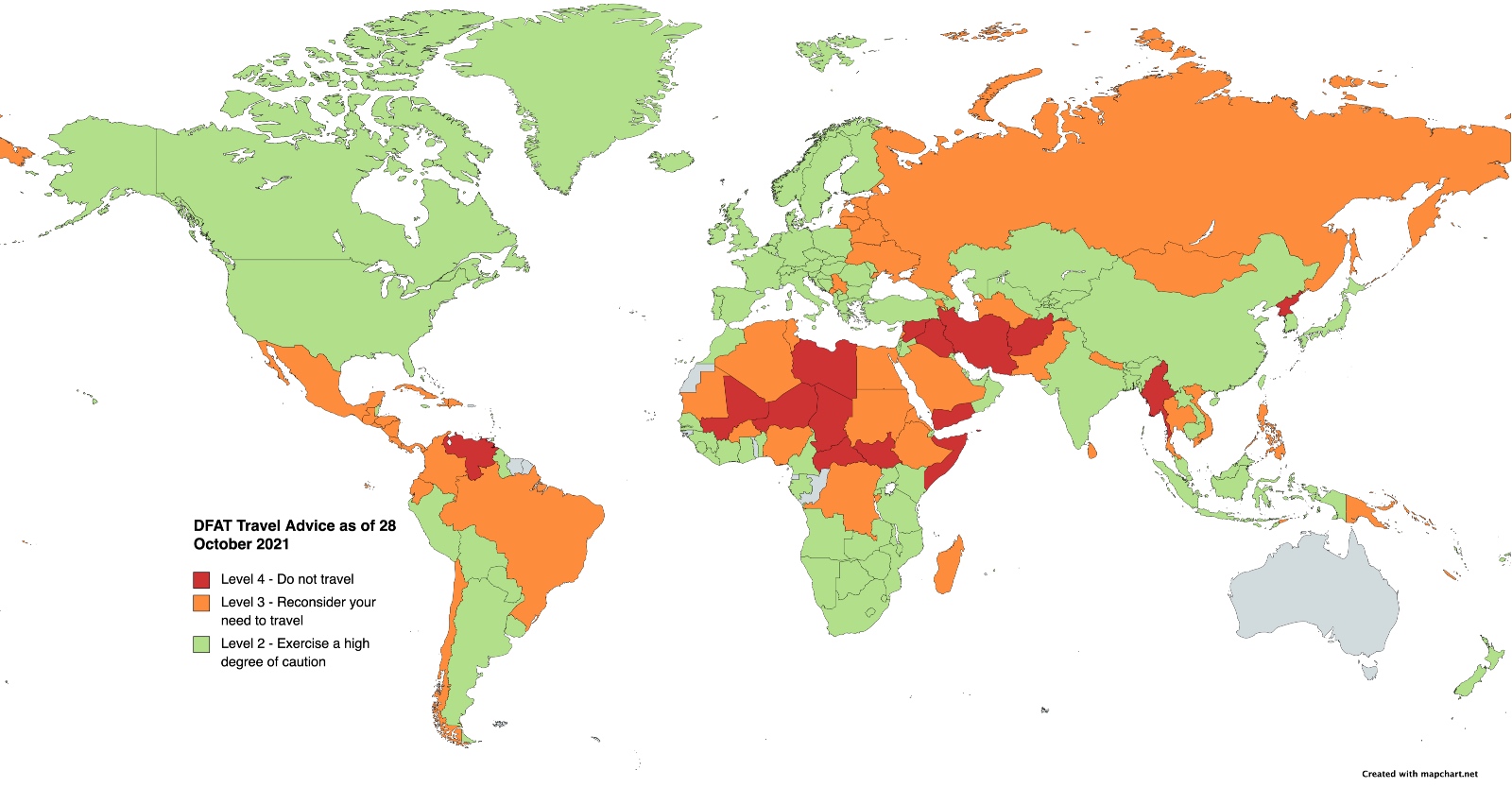
More international flights resume today
The first quarantine-free international flights have already touched down at Sydney Airport this morning. The first to land was SQ221 from Singapore at 5.21am, followed by QF12 from Los Angeles and JL51 from Tokyo.
From today, Qantas is resuming international flights from Sydney to London and Los Angeles. The Qantas First Lounge in Sydney and a new pop-up international transit lounge in Darwin are also opening today to mark the occasion.
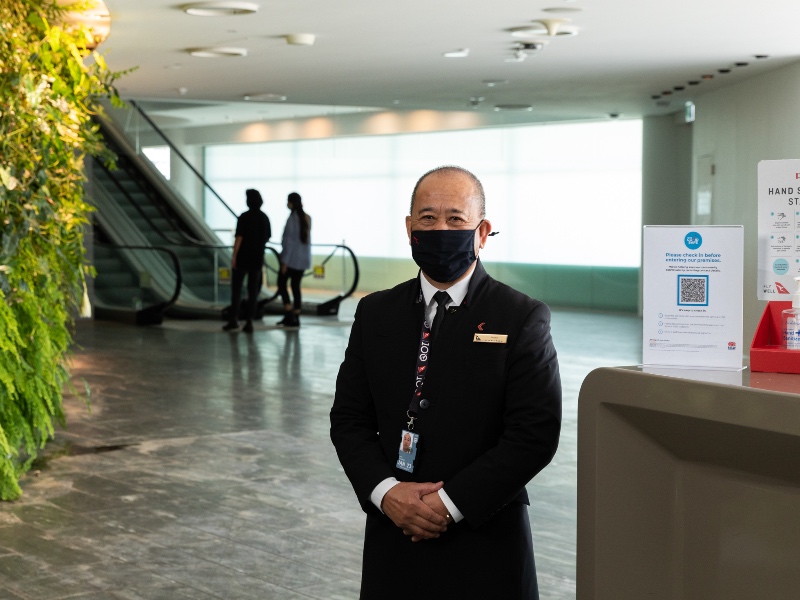
Qantas will gradually add more international flights out of Sydney and Melbourne over the coming months, including flights to Singapore later this month after Australia becomes a “Vaccinated Travel Lane” country for Singapore.
The service on Qantas flights will look and feel a bit different over the coming months, but Qantas says its international travel experience “will largely be the same as pre-COVID”. For passengers in Business, pyjamas and amenity kits are returning from today.
While there has been much excitement (and publicity) surrounding the resumption of commercial Qantas international flights, we shouldn’t forget that dozens of international airlines have continued flying to Australia throughout the pandemic – often at a huge loss due to the limited number of passengers they were allowed to carry.
Airlines like Singapore Airlines, Qatar Airways, Emirates, All Nippon Airways, Japan Airlines, United and Delta have been doing most of the heavy lifting since March 2020. With arrival caps into Sydney and Melbourne now lifted, these airlines have now added thousands more seats each week for sale into those cities.
A few personal takeaways from the pandemic border closure
I’m absolutely thrilled that Australians can finally travel overseas from today. This is exciting news for so many people. But there are unfortunately a few things about the past 20 months of COVID-19 that still don’t quite sit right with me.
Firstly, I’ve found it really disappointing to see how many Australians turned on their fellow citizens who happened to get stuck overseas. Even as early as March 2020, the amount of vitriol directed on social media towards Australians who’ve been described as “selfish”, “entitled” and much worse has been disappointing, to say the least.
Some Australians seem to have the impression that the people stuck overseas have only themselves to blame, because they didn’t follow the government’s advice to come home in March 2020. Many people did indeed follow that advice but for some people, it wasn’t that simple. Many people couldn’t come home in March 2020 due to local lockdowns or their flights being cancelled, while some were expats with long-term jobs and families overseas. Some people travelled overseas to say goodbye to dying loved ones and then couldn’t get back to Australia.
I was living overseas myself in March 2020 and vividly remember receiving advice from the Australian embassy to stay where I was. I “luckily” ignored this advice and made it back to Australia on one of the last available flights at the time. But nobody had a crystal ball and many others weren’t so lucky. At the time, it wasn’t at all obvious that this was the right decision and it’s been disappointing to see so many people blaming others for their own hardships without any knowledge or understanding of their personal circumstances. If that’s not un-Australian, I’m not sure what is.
In my personal view, a particular “low point” in the pandemic was when the Australian government threatened its own citizens with huge fines and five years of jail time for attempting to return to their own country from certain parts of the world, while simultaneously refusing to admit there was anything wrong with the hotel quarantine system those Australians would be isolating in upon their return.
COVID-19 has also exposed the fact that airlines can legally cancel your flight but keep your money, blaming “government restrictions”. These aren’t just fringe airlines or cowboy operators – it’s official policy for Air New Zealand and several other airlines that are otherwise reputable. I don’t quite understand how people just accept this – neither does CHOICE – yet airlines continue getting away with this and people continue to book with these airlines, seemingly oblivious to the risk.
But perhaps the biggest lesson for me in all of this is that travel is a privilege, not a right. I will never take travel for granted.
The reopening of Australia’s international border today marks a turning point in the pandemic for Australians. The light at the end of the tunnel is getting brighter and many Australians will get to see their families this Christmas. Over the coming months, international travel will progressively get easier. That’s worth celebrating.
Join the discussion on the Australian Frequent Flyer forum: Predictions of when international flights may resume/bans lifted



